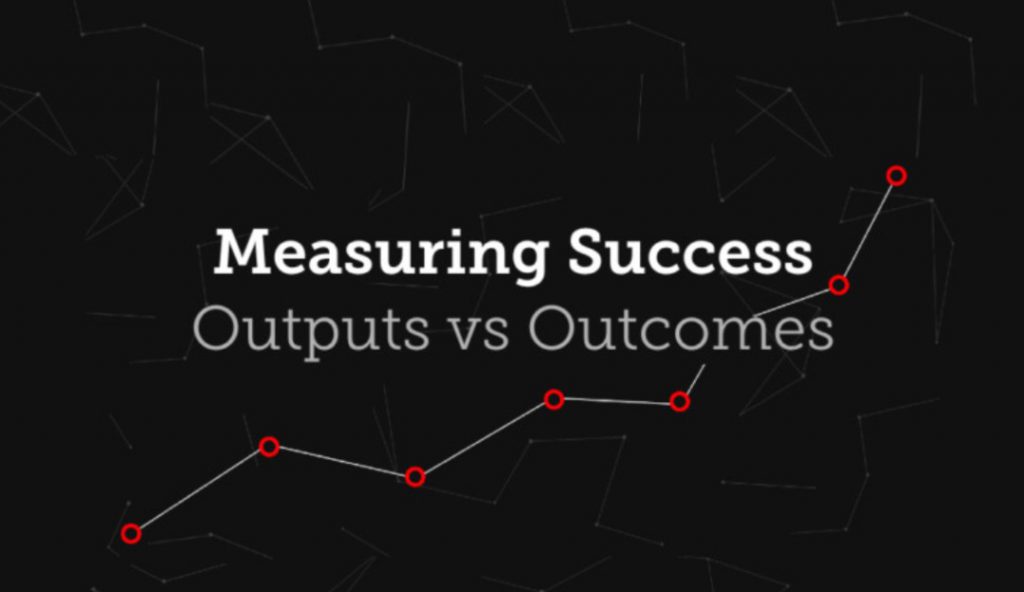In Cross River State and Nigeria as a whole, there is a tendency to judge the success or otherwise of governments by one thing, and one thing alone – PROJECTS. How many roads were commissioned? How many health centres were built? How many schools were refurbished? Etc.
While projects are generally good, judging the success of a government primarily based on the number of projects executed does not give the full picture of the impact of good governance. Think about this for a moment; projects cost money and most states and local governments in Nigeria have very little of it. While Lagos may have a budget in excess of ₦1 trillion, Kebbi State’s budget averages ₦140 billion. If both states spent the same percentage of their budgets on the same projects, Lagos state will do seven times more projects than Kebbi State. While this may be good for the people of Lagos State, it will not necessarily mean that the government of Lagos State has been more successful than the government of Kebbi State. Kebbi would have done less simply because it had less money.
In my opinion, there are two simple yardsticks that are better for judging a government’s performance and the quality of its leadership. The first is outcomes and the second is cultural shifts. Judging by these two yardsticks creates a level playing field for assessing both rich and not so rich states.
The best way of understanding outcomes is by comparing them to outputs. You can think of outputs as the tangible products of projects. So if, for example, the project is to build a new school, the output is the new school. Outcomes on the other hand are the benefits that the project is designed to deliver. An outcome of a new school for example could be more children attending school, better examination results for children in the locality where the school is sited or more teachers employed from the community.
With the right resources and good project management, outputs are relatively easy to achieve. Outcomes on the other hand are driven by vision and strategy and are usually based on and evaluated by research and data. Let me attempt to bring this closer home to us in Cross River State. TINAPA delivered a great output – a world-class business and leisure facility, arguably the best of its kind on the sub-continent. However, no one needs convincing that TINAPA has not delivered the benefits for which it was intended. The output was delivered but the outcomes were not.
Cultural shifts involve changing beliefs, mindsets and sometimes traditions. Cultural shifts are transformational. They take people from one level of consciousness to another. Since they are not tangible, they can be difficult to measure but when they happen, the evidence is there for all to see. Before 1999, Cross River State was regarded as a backwater state in Nigeria. Like any other state in South-Eastern Nigeria, streets were littered with garbage and there was very little regard for the environment. By 2007 when the administration of Mr. Donald Duke was coming to an end, Cross River State had become the epitome of cleanliness, beauty, and tourism in Nigeria. Duke must have constructed roads, schools and health facilities like other governors but I dare say that his administration is not remembered for the projects it executed (TINAPA being an exception) but for the transformation that it brought about. The Duke administration is hailed for putting Cross River State back on the map. Embedded within this transformation may have been several successful projects but the transformation was far more than the sum of those projects. As Crossriverians and Nigerians, we need to lift the leadership bar higher at all levels. As 2023 approaches, we shall have a choice to elect those who simply promise us projects or those who have the capacity to bring about transformation. We should choose the latter.


Thanks for your blog, nice to read. Do not stop.
Great ideas. I think this opinion is rightly articulated.